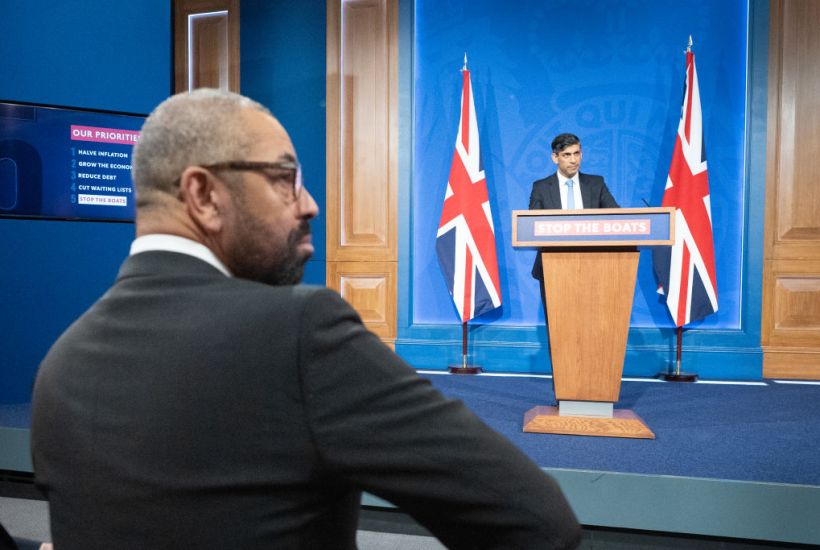Parliament’s return from recess this week means the Rwanda Bill is now back in the Commons for the final game of ping pong. Rwanda has previously dominated the news agenda whenever it is debated in parliament. But this week it is expected – by both supporters and opponents of the scheme – to feature far less heavily in the headlines.
Already a subscriber? Log in
Subscribe for just $2 a week
Try a month of The Spectator Australia absolutely free and without commitment. Not only that but – if you choose to continue – you’ll pay just $2 a week for your first year.
- Unlimited access to spectator.com.au and app
- The weekly edition on the Spectator Australia app
- Spectator podcasts and newsletters
- Full access to spectator.co.uk
Or





















Comments
Don't miss out
Join the conversation with other Spectator Australia readers. Subscribe to leave a comment.
SUBSCRIBEAlready a subscriber? Log in